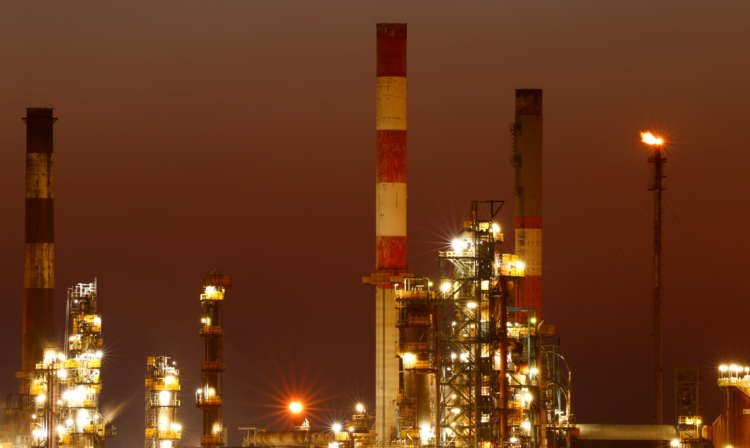Top Stories
OPEC oil has advantage over U.S. shale during pandemic recovery
Published by linker 5
Posted on March 3, 2021
1 min readLast updated: January 21, 2026

Published by linker 5
Posted on March 3, 2021
1 min readLast updated: January 21, 2026

Explore more articles in the Top Stories category











